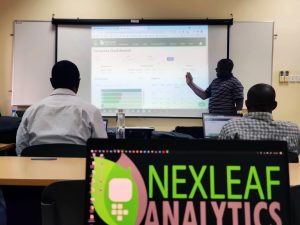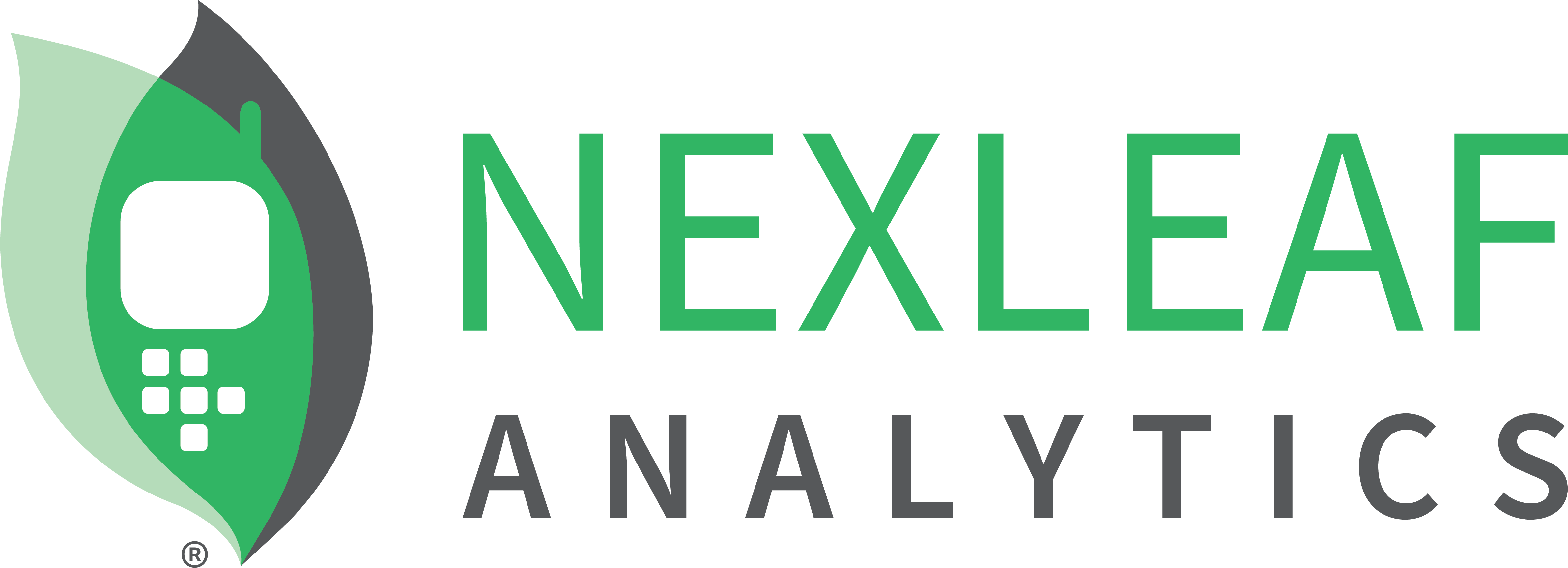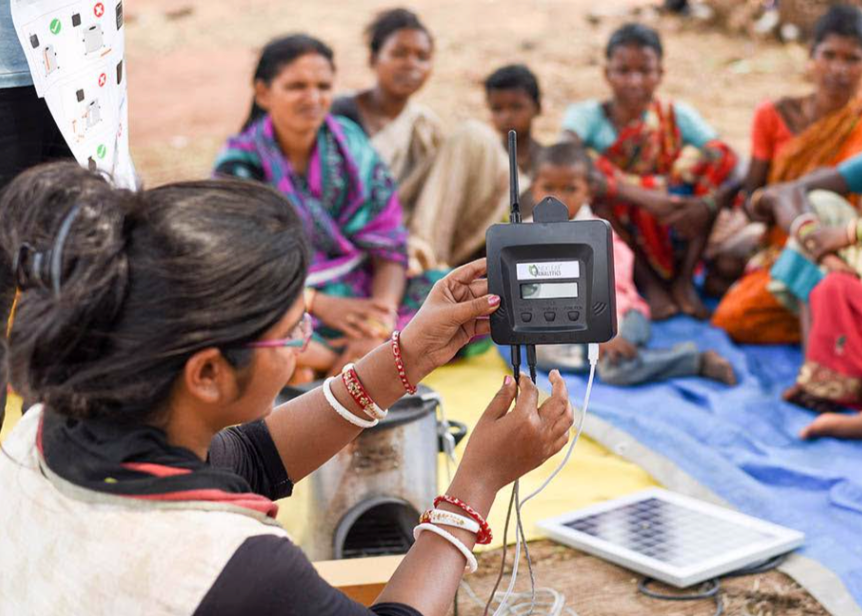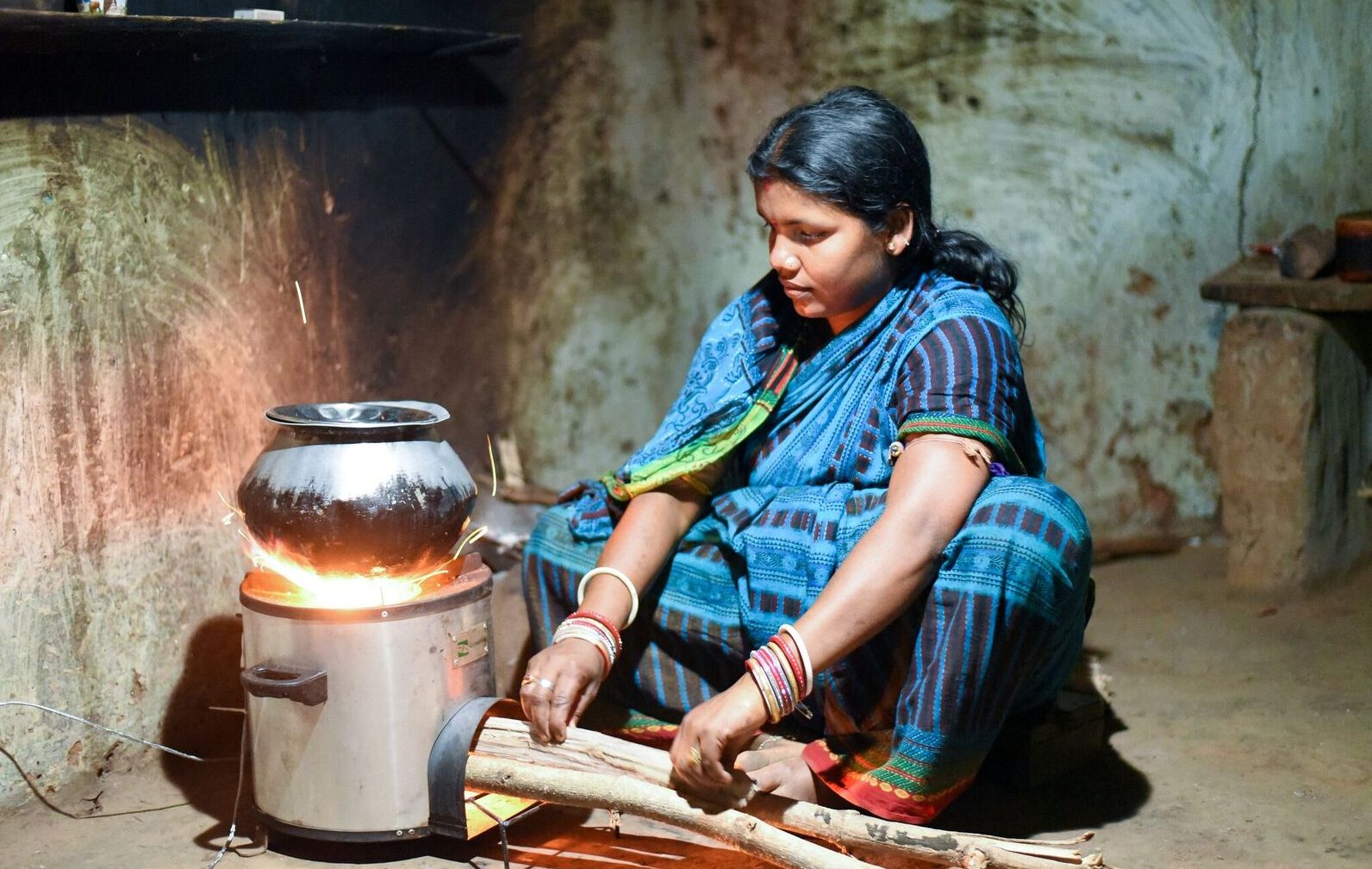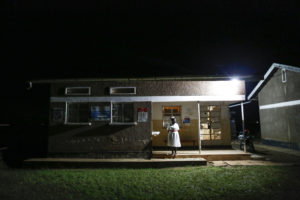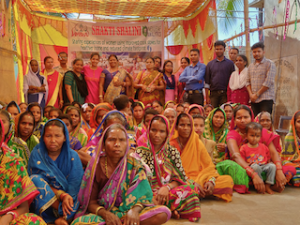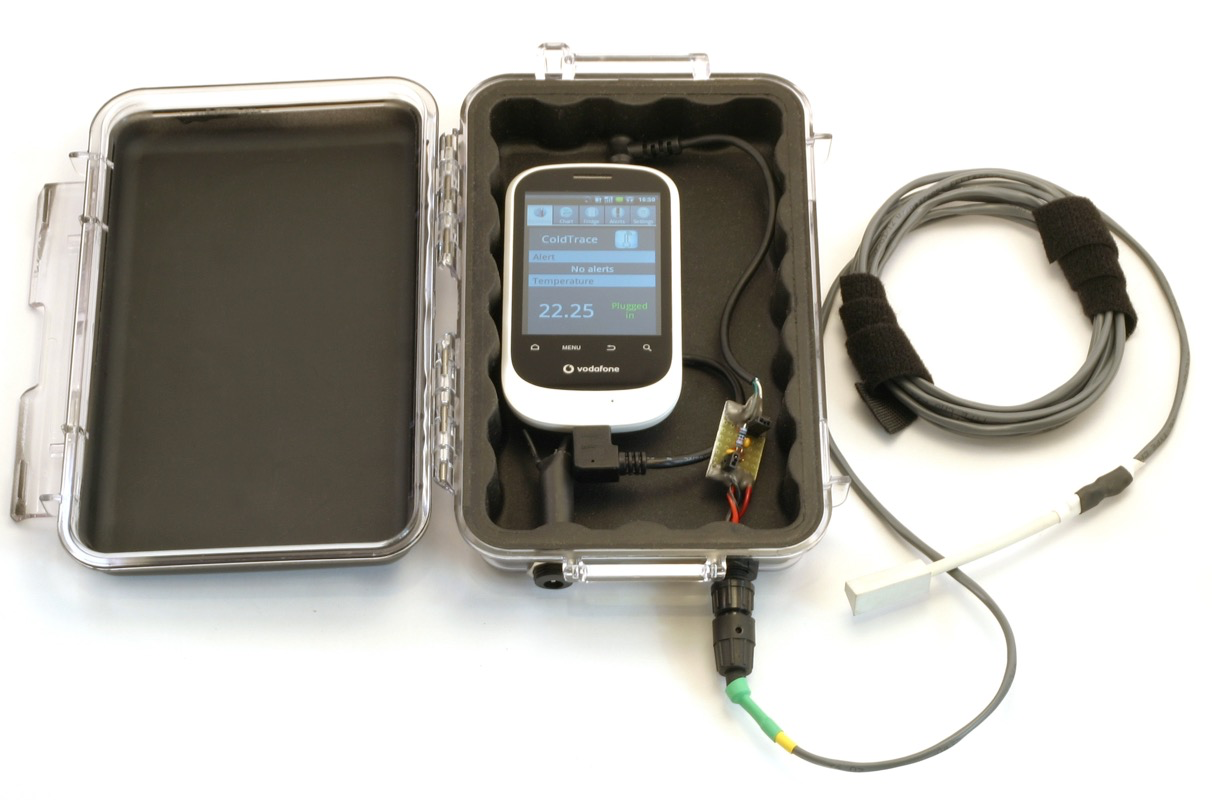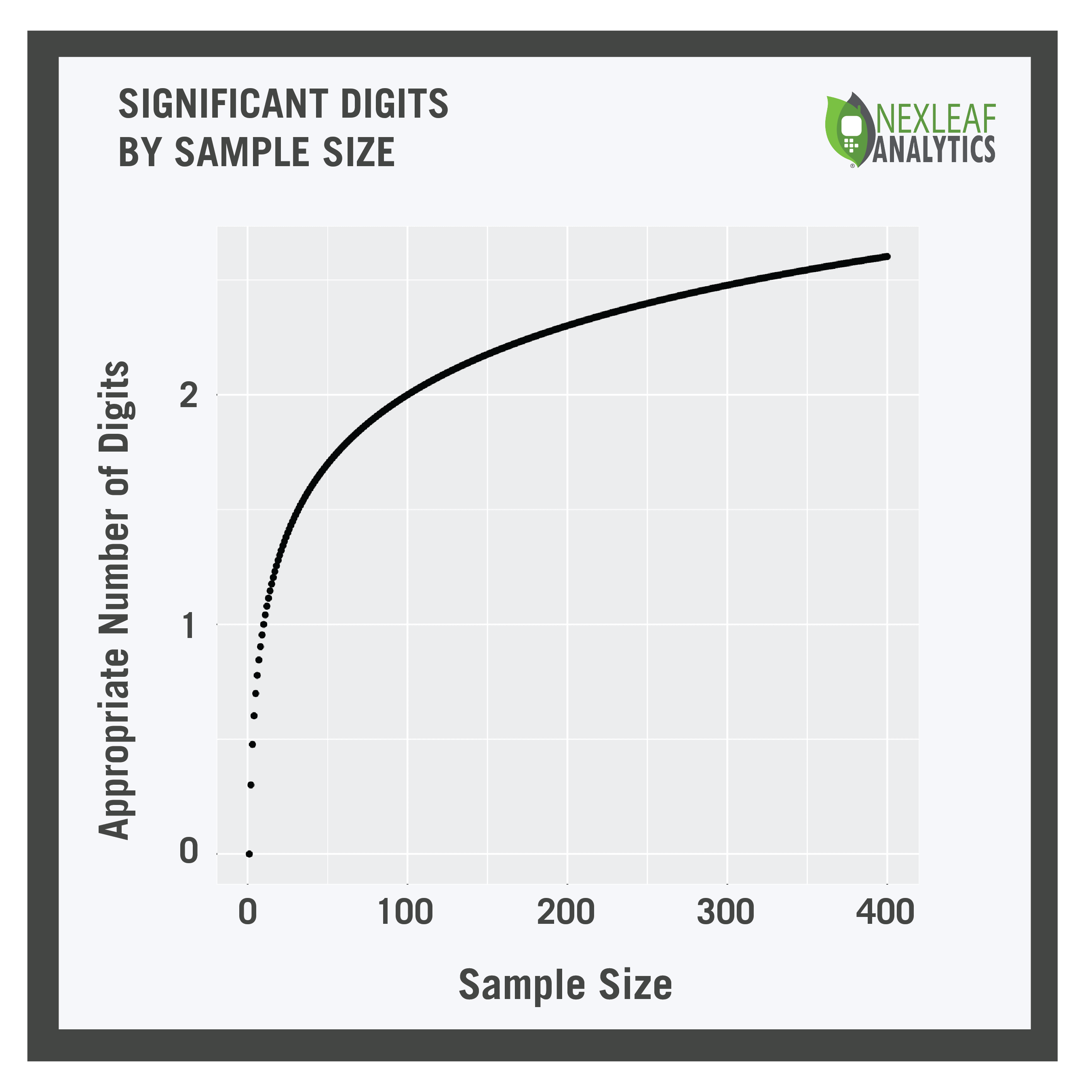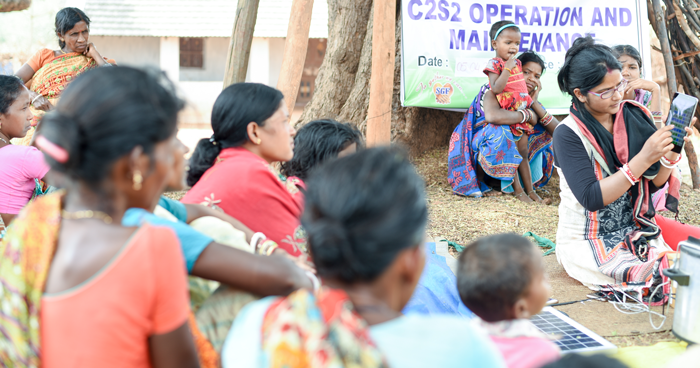Many times at Nexleaf, we’re asked if we focus on climate change, hardware design, or grassroots implementation. Our answer is we do all of this and more. The scope of our work is wide, and that’s because complex problems – like climate change or global health – require multi-dimensional solutions.
Our flagship technologies, StoveTrace and ColdTrace, are built for different sectors, but they serve a similar purpose. That’s because, while immunization and clean cooking seem so distinct from each other, the poorest 3 billion still lack access to these basic, yet life-saving, necessities. The technologies we develop gather data to reveal problems at the last mile, and with that data, we identify gaps in infrastructure, supply chains, and knowledge.
Learn More
